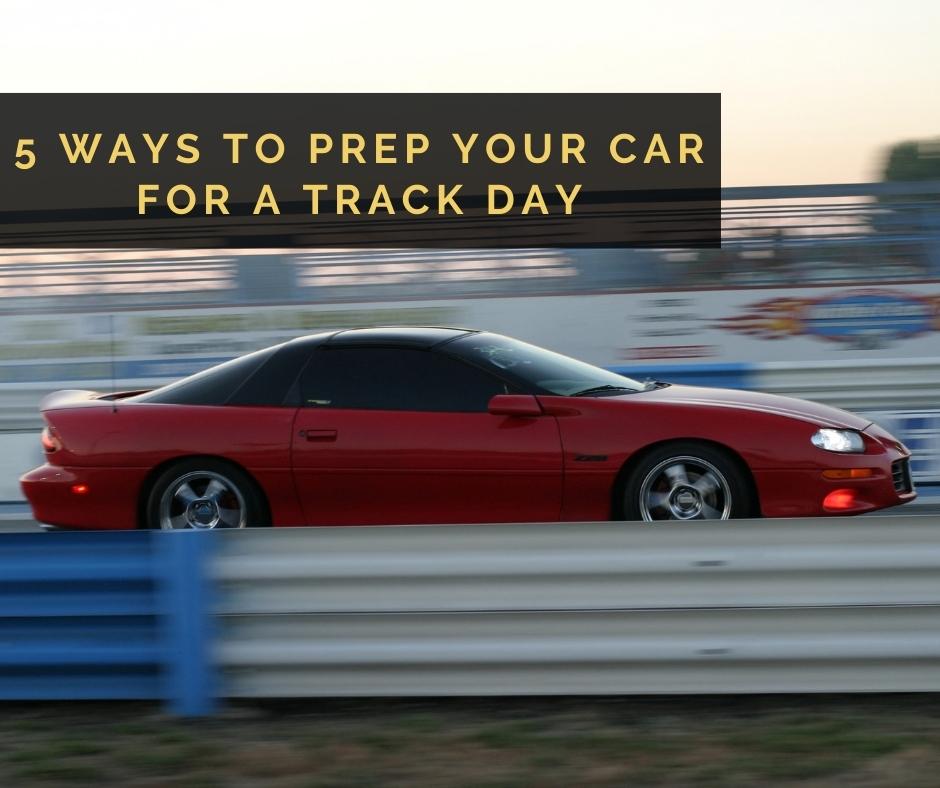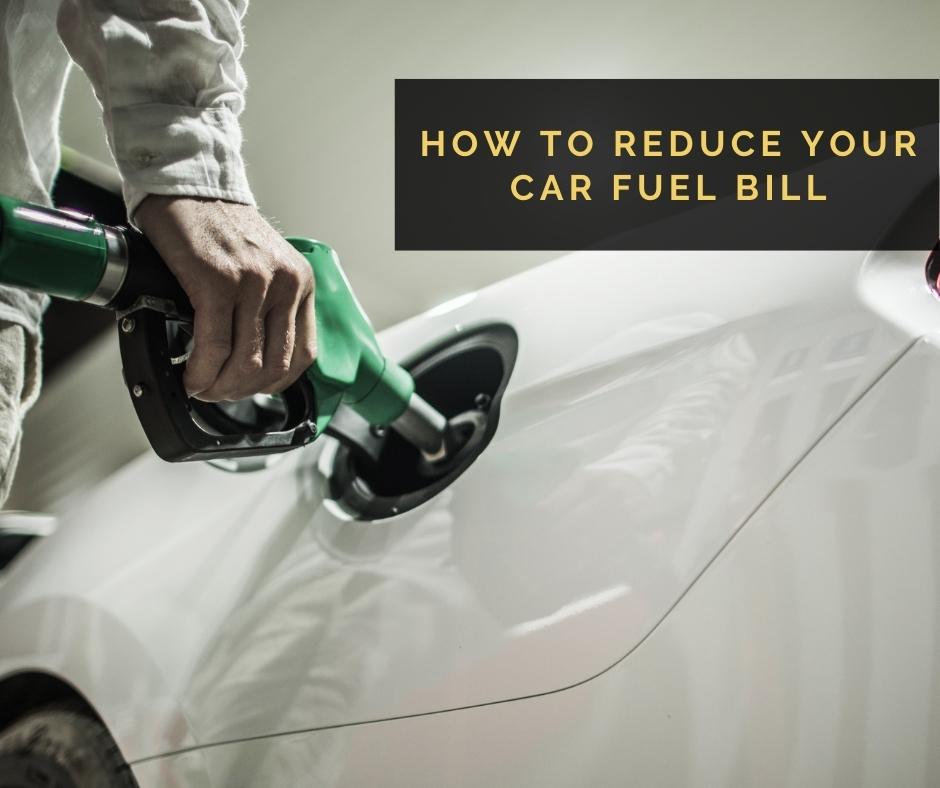Buying a car is a big decision. Before you commit to a car finance package, it’s important that you’re armed with all the right information to make the process easy and stress-free. Here’s what you should check before buying a used car.
The vehicle’s history
When you have found a used car that appeals to you, take the time to research its history before making any buying decisions. The V5C registration document, also known as the logbook, will show you the vehicle’s registered keeper and any previous keepers. It is important that this information matches up with what the seller is telling you about the car.
A full service history and receipts for replaced parts are always a good sign as they prove that your potential purchase has been properly looked after. However, be on the lookout for signs of wear and tear that may not have been properly dealt with – worn tyres or rust could indicate problems in other areas of the vehicle.
Don’t be worried about asking questions about any accidents or incidents that might have occurred in the past. The seller should be able to put your mind at ease if there are no serious issues which would affect your decision to buy it. You can also run a vehicle history check by providing its registration number (found on its number plate). This provides key details about a vehicle such as whether it has been stolen or written off, but these checks don’t always pick up everything so ask to see an MOT certificate too if it’s available.
Check the bodywork for damage – as this isn’t always obvious
While a scratch or dent may be obvious on the surface, it’s important to understand what is underneath so you can determine if there might be major bodywork damage. There are a few telltale signs that could indicate more serious issues:
– Chips and scratches in the paint aren’t necessarily bad, but a cracked or chipped paint area could mean there is rust beneath the blemishes. If you see rust, then the car probably needs an inspection to assess for further damage.
– Rust should also be checked for on any metal components, such as door sills or around joints where components meet (such as doors, boot and bonnet). A significant amount of rust can severely weaken some of these components so they will need to be repaired as soon as possible before they start causing safety issues.
– Check the paintwork for signs of a respray. The repainting process can hide any bodywork damage that has been made during an accident so it’s important to determine how much was done and why the owner decided to get it resprayed in the first place.
– Check for filler in areas where panels come together (wings, bumpers). This is another indication of previous accidents and collisions that may have not been properly fixed by body shops resulting in other hidden damages that could result in costly repairs down the road.
Take the car out on a test drive
If you can, do the test drive on a variety of road and traffic conditions, such as quiet streets, busy roads, dual-carriageways and motorways. Check the brakes, steering, suspension and clutch by driving slowly around a corner or taking a sharp turn and check that any features listed in its specification (e.g., power-steering) work as expected – ask for a demo if required.
Check the car’s stats
It’s important to know the car’s stats before you buy. Here are some of the most important things to check:
– Mileage – Check the number of miles on the clock and look for discrepancies in the previous MOT certifications. Look for signs of excessive wear and tear (worn pedals, excessive wear on driver’s seat) which may indicate the mileage is higher than stated on the clock.
– Owners – A high number of owners may mean that it has travelled around a lot or that something is wrong with it. Look at each MOT certificate to see how long each owner had the car and whether they took good care of it.
– Service history – This shows whether annual services have been carried out (the garage will stamp their name and date onto this). If there isn’t one then ask for receipts for work done on it by mechanics instead. If neither exists this may indicate that little attention has been paid to its maintenance and upkeep.
Ensure that the finances will work for you
Make sure you can afford the monthly payments. If you’re using a loan to help buy your car, you need to know that you can afford the repayments. Consider other costs like insurance, road tax and breakdown cover. You’ll also need to budget for road tax – check this with the seller or DVLA before buying – as well as for insurance and breakdown cover if required.
Got a car in mind and want to know what your monthly payments could be? Give our used car finance calculator a try here or get in touch for a bespoke quote – info@dorsiafinance.co.uk.



